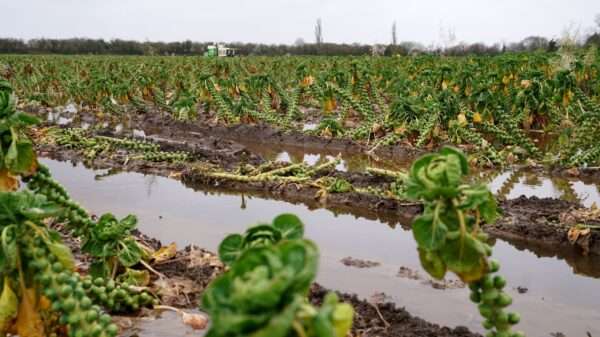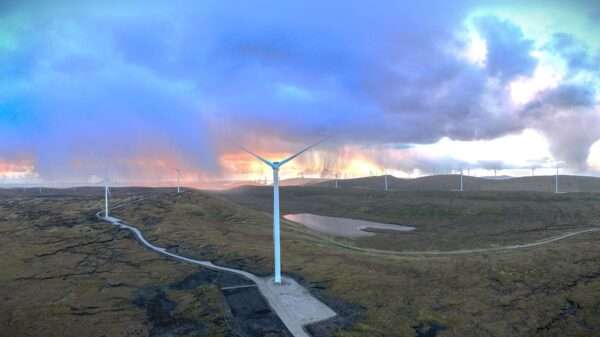Experts predict that this year’s Atlantic hurricane season has an 85% likelihood of exhibiting higher activity than normal. The forecast anticipates between 17 to 25 named storms, with 8 to 13 escalating into hurricanes, including four to seven major ones. This is above the average of 14 named storms, seven hurricanes, and three major hurricanes.
This prediction is issued by the US National Oceanic and Atmospheric Administration (NOAA), which also indicates a 5% probability of activity falling below average. The forecast pertains to the North Atlantic region, spanning from Africa’s coast to the Caribbean Sea and the Gulf of Mexico. The hurricane season extends from June 1 to the end of November.
Hurricanes that reach category 3 or higher on the Saffir-Simpson scale are considered major. Several factors contribute to tropical storm development, but a few key elements suggest an active season. Predictions indicate that the Atlantic will maintain its record high sea surface temperatures, promoting storm development.
Additionally, a transition to La Nina, characterized by cooled sea temperatures in the Equatorial Pacific, is anticipated this year. NOAA suggests it could occur as early as June to August. La Nina is expected to decrease wind shear in the tropics, resulting in minimal changes in wind speed and direction with height, further facilitating storm development.
While 2020 had the highest number of named storms, 2005 saw more hurricanes, including three catastrophic category 5 hurricanes: Katrina, Rita, and Wilma. There are concerns that this year’s conditions could closely resemble those of 2005, despite a slight 5% chance of decreased activity.
Last year, NOAA revised its May forecast of 12 to 17 named storms to 14 to 21 in August. Ultimately, 20 named storms were observed, marking the fourth-highest count since 1950. This was particularly unusual as it coincided with a strong El Nino event in the Pacific, which typically curbs activity in the Atlantic.
Research indicates that the global number of tropical cyclones is unlikely to rise due to climate change. However, the Intergovernmental Panel on Climate Change asserts that a warmer world will likely result in increased rainfall and maximum wind speeds.







































